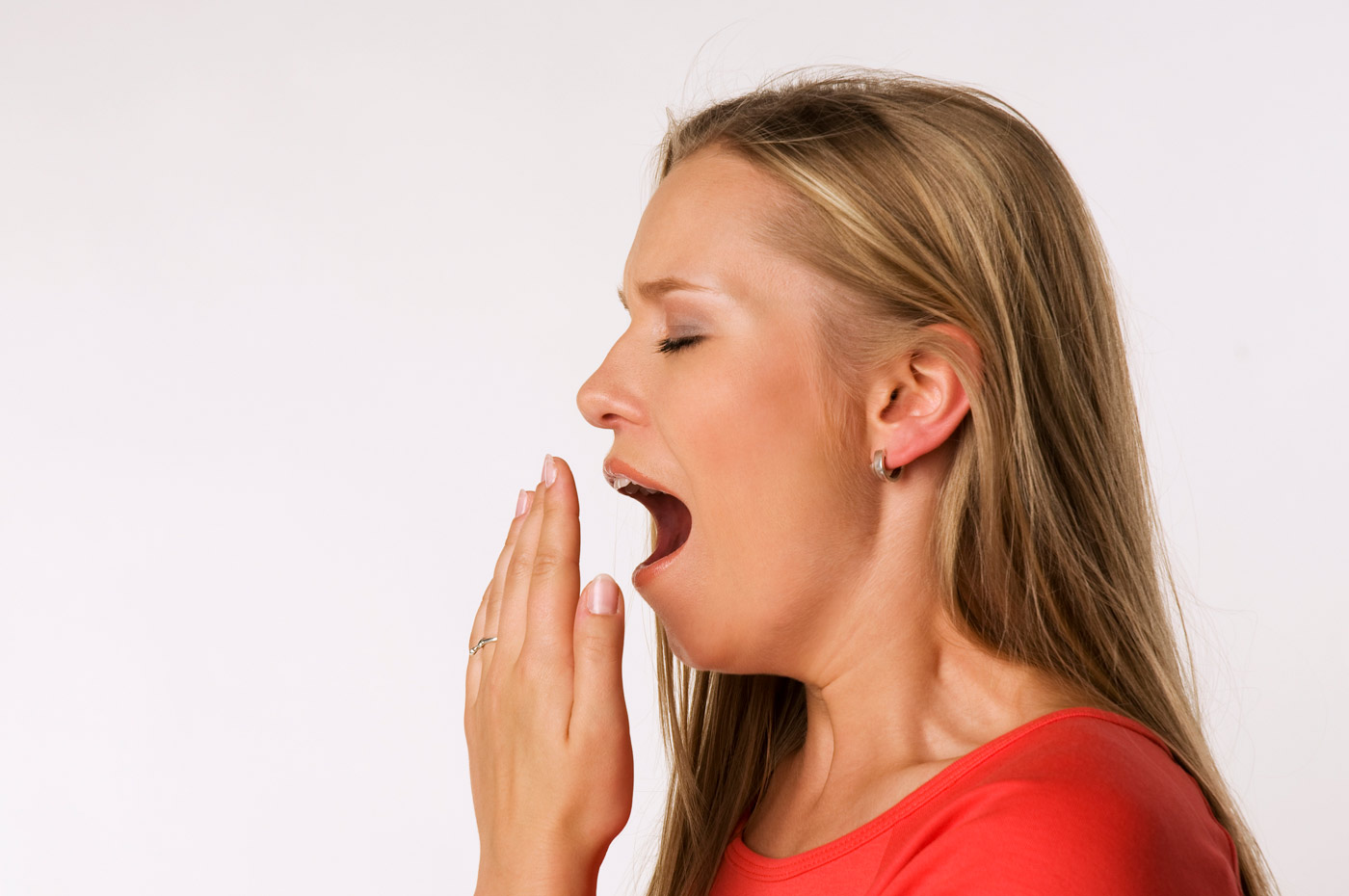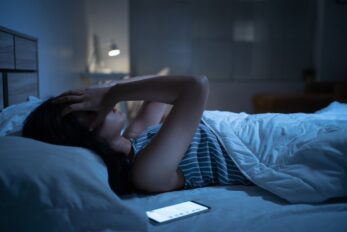Can’t Stay Awake Through The Day? This Is For You.
Falling asleep at your desk? Can’t stay awake through that blockbuster action flick? You’re not alone. It’s called hypersomnia, and it refers to excessive daytime sleepiness—or excessive daytime sleeping. Of course, hypersomnia is no way to spend your days, but it doesn’t always feel like it’s in your control. So, if you’re finally starting to realize you can’t blame your everyday sleepiness on that one night you stayed up an hour past your bedtime, here’s what you should know.
Do I have hypersomnia?
Think of hypersomnia as the opposite of insomnia: Where insomnia means you can’t fall asleep or stay asleep through the night, it’s lesser-known counterpart hypersomnia means you can’t stay awake through the day. Of course, one sleepy day does not make a hypersomniac! The condition is prolonged—typically symptomatic several days of the week for several months—and marked by other symptoms, like low energy and libido.
What causes hypersomnia?
Funny you should ask. Many of the causes of hypersomnia are also the causes of sleep disorders, like sleep apnea. In fact, sleep apnea is itself a cause of daytime sleepiness! With the stops and starts sleep apnea inflicts on your breathing through the night, awakenings can happen up to 300 times per night—and you may not even remember them. It’s no wonder you’re sleepy throughout the day. Other causes of hypersomnia may include:
- Excess weight
- Head injury
- Neurological conditions
- Prescription drugs
- Drug or alcohol abuse
- Genetic inheritance
- Depression
How do you treat hypersomnia?
Good question. Depending on the cause of your daytime sleepiness, treatment will vary. It could be as simple as changing prescription medications. But, first things first: You have to rule out a sleep disorder.
If you are otherwise healthy, a sleep disorder like sleep apnea could very well be the cause of your daytime sleepiness, but there’s only one way to know for sure, and it’s with a sleep assessment. Of course, that’s what we do best, so you can schedule a complimentary sleep consultation at a Sleep Therapeutics in your province to get started—and get answers.






